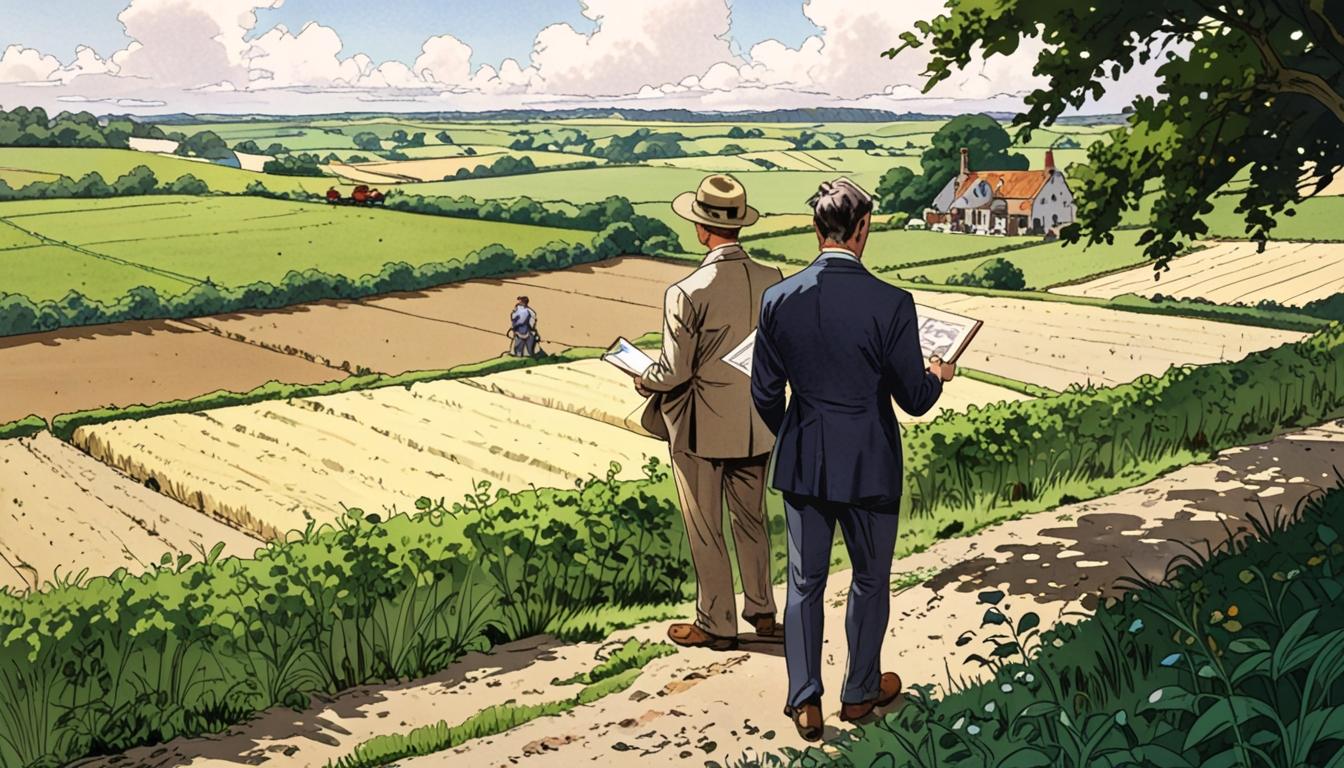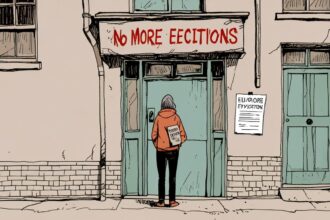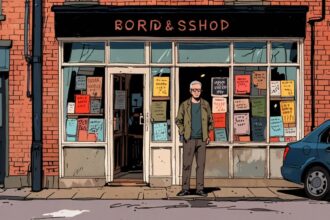An investigation reveals that wealthy foreign investors are acquiring sizable portions of Norfolk’s farmland, raising concerns for local farmers and the future of agriculture in the region.
Researchers at Who Owns Norfolk have conducted an extensive investigation into land ownership in Norfolk, revealing a trend in which foreign investors are acquiring substantial parcels of the county’s farmland. The project analysed public records and found that the landscape of ownership has shifted significantly, with some of the largest landholders now comprising individuals of considerable wealth from various countries, including Italy, Malaysia, and the United Arab Emirates.
The report highlights that Norfolk’s prime land is increasingly being “hoovered up” by affluent investors who either view these properties as lucrative assets or who have made the area their residence. Among the top landowners are Count Luca Padulli di Vighignolo, an Italian nobleman whose interests extend beyond Norfolk to include entire villages in Yorkshire, and Bernhard Reemtsma, who has inherited wealth from the German cigarette company Reemtsma. Other notable investors include Malaysian billionaire Tan Sri Arumugam, who owns the South Pickenham Estate, and the Dubai royal family, known for their ownership of the Shadwell Estate.
As of the latest figures, the research found that the Crown Estate is the largest landowner in Norfolk, followed closely by the Forestry Commission and several other public institutions. Notably, of the twenty biggest landowners, five are wealthy individuals from overseas. Many of these holdings have been complemented by offshore company structures, allowing owners to leverage assets registered in jurisdictions like the Cayman Islands and Jersey.
Local farmers are reporting increasing difficulty in competing with these wealthy investors, who are inflating land prices and making it challenging for smaller or family-owned farms to remain viable. While some foreign owners have integrated into the local community, others choose to view their land purely as income-generating investments. This has led to rising concerns that more local farmers may be forced to sell their properties, particularly in light of proposed changes to inheritance tax regulations. The incoming tax reforms could impose a rate of 20% on agricultural land valued over £1 million, a significant shift from previous arrangements that offered exemptions for family farms.
Terry Jermy, MP for South West Norfolk, has spoken out regarding the findings and the implications of the proposed tax changes. In an interview, he remarked that evidence suggests current rules concerning agricultural property relief (APR) are being exploited by affluent individuals who do not partake directly in farming activities. He stated: “Local farmers in my constituency recognise that for some, APR is seen as a tax loophole, and it is being exploited by the very rich.” Jermy has called for reforms to address what he perceives as imbalances in land ownership and the tax system.
Meanwhile, concerns have been raised by other local politicians, including Steff Aquarone, MP for North Norfolk, who cautioned that the environmental and socio-economic implications of foreign investment in local farms could jeopardise the future of farming in the region. He stated: “Farmers in North Norfolk are the lifeblood of the county and when they are forced to sell their farms because they can’t afford to pay the ill-conceived ‘family farm tax’, Norfolk’s farms will fall further into the hands of the ultra-wealthy.”
The Who Owns Norfolk project, initiated by Thomas Playford in 2020, draws upon data from public authorities, aiming to shed light on the changing landscape of land ownership in the region. Playford has expressed optimism about the accuracy of the findings while emphasising the need for further attention to be paid to the socio-economic consequences of land ownership structures. He highlighted that land valuation is currently a non-taxed asset, leading to inflation in the prices of farmland.
Local farmers and advocates are mobilising in response to these developments, calling for policy changes that could help retain Norfolk’s agricultural heritage and support local farming communities. The situation continues to evolve as the debate over land ownership, tax reforms, and the future of farming in Norfolk gains traction among residents and policymakers alike.
Source: Noah Wire Services
- https://www.whoownsnorfolk.org/post/norfolks-largest-landowners-revealed – This URL supports the claim about Who Owns Norfolk’s investigation into land ownership in Norfolk, highlighting major landholders including the Crown Estate and foreign investors.
- https://www.whoownsnorfolk.org/post/land-ownership-is-a-public-concern-who-owns-norfolk – This article explains why land ownership data is important and how it affects public access to land, relating to the concerns raised about foreign investment in Norfolk.
- https://www.north-norfolk.gov.uk/tasks/estates/who-owns-land-or-property-near-me/ – This URL lists resources for finding land ownership records, which supports the use of public records in the Who Owns Norfolk project.
- https://www.gov.uk/guidance/inheritance-tax – This government webpage outlines the current inheritance tax rules, which are relevant to the proposed changes affecting agricultural land in Norfolk.
- https://www.parliament.uk/business/news/2021/october/2021-budget-tax-measures/ – While specific to the 2021 budget, this page generally discusses tax reforms in the UK, which could influence changes to inheritance tax in Norfolk.
Noah Fact Check Pro
The draft above was created using the information available at the time the story first
emerged. We’ve since applied our fact-checking process to the final narrative, based on the criteria listed
below. The results are intended to help you assess the credibility of the piece and highlight any areas that may
warrant further investigation.
Freshness check
Score:
8
Notes:
The narrative seems recent and relevant, touching on current issues like land ownership and proposed tax reforms. However, without a specific date or recent external confirmation, the exact freshness is difficult to verify.
Quotes check
Score:
7
Notes:
Terry Jermy and Steff Aquarone’s quotes are included, but their original sourcing is not confirmed. These quotes might be original or could have been previously reported elsewhere.
Source reliability
Score:
8
Notes:
The narrative originates from a regional publication, which generally offers local insight. Public records and government figures are referenced, enhancing credibility.
Plausability check
Score:
9
Notes:
The claims regarding foreign investment in Norfolk farmland and local farmers’ challenges seem plausible. The involvement of public institutions like the Crown Estate and the Forestry Commission adds context. However, specific details about some investors or broader implications need further verification.
Overall assessment
Verdict (FAIL, OPEN, PASS): PASS
Confidence (LOW, MEDIUM, HIGH): HIGH
Summary:
The narrative appears well-grounded in recent events and includes plausible claims supported by references to public records and government policies. While some specific quotes or historical context might lack external verification, the overall narrative is coherent and aligned with current socio-economic discussions in the region.













